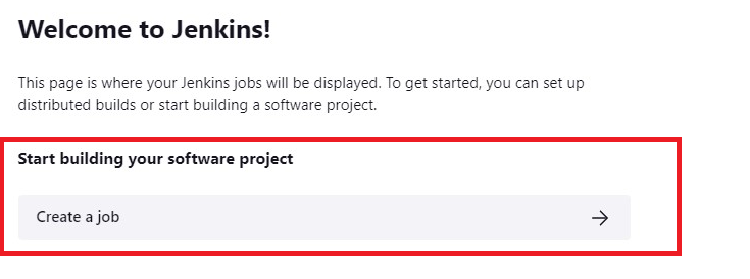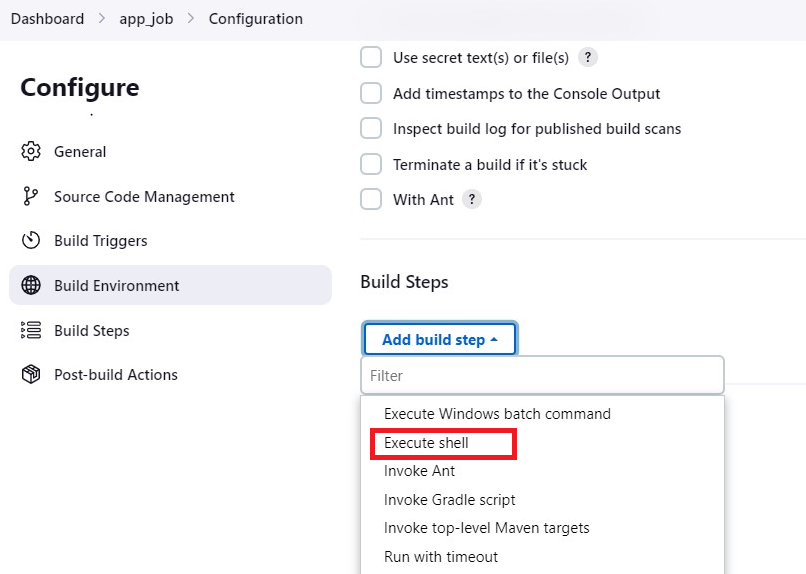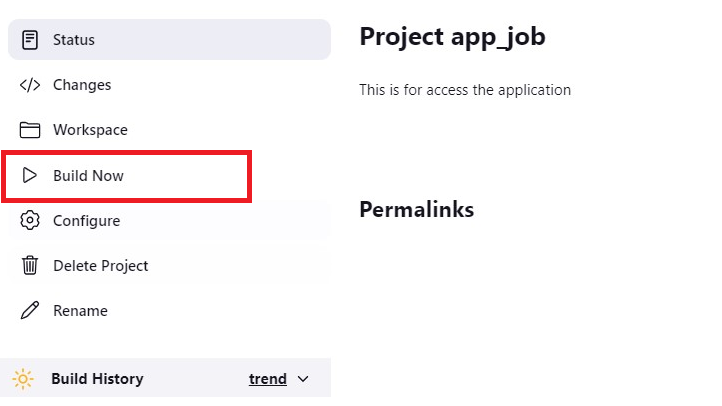#90daysdevopschallenge
#day23
What is CI/CD?
CI or Continuous Integration is the practice of automating the integration of code changes from multiple developers into a single codebase. It is a software development practice where the developers commit their work frequently to the central code repository (GitHub or Stash). Then there are automated tools that build the newly committed code and do a code review, etc as required upon integration. The key goals of Continuous Integration are to find and address bugs quicker, make the process of integrating code across a team of developers easier, improve software quality, and reduce the time it takes to release new feature updates.
CD or Continuous Delivery is carried out after Continuous Integration to make sure that we can release new changes to our customers quickly in an error-free way. This includes running integration and regression tests in the staging area (similar to the production environment) so that the final release is not broken in production. It ensures to automate the release process so that we have a release-ready product at all times and we can deploy our application at any point in time.
What Is a Build Job?
A Jenkins build job contains the configuration for automating a specific task or step in the application building process. These tasks include gathering dependencies, compiling, archiving, or transforming code, and testing and deploying code in different environments.
Jenkins supports several types of build jobs, such as freestyle projects, pipelines, multi-configuration projects, folders, multibranch pipelines, and organization folders.
What is Freestyle Projects ?? 🤔
A freestyle project in Jenkins is a type of project that allows you to build, test, and deploy software using a variety of different options and configurations.
Task-01
Create an agent for your app. ( which you deployed from docker in the earlier task)
Step1: Click on "Set up an agent"

Step 2: Give Node name, click on Permanent Agent, and click on Create.

Step 3: Finally Agent Created.

Create a new Jenkins freestyle project for your app. In the "Build" section of the project, add a build step to run the "docker build" command to build the image for the container. Add a second step to run the "docker run" command to start a container using the image created in step 3.
Step 1: Click on "Create a Job".

Step 2: Give the name of your project, Select "Freestyle Project" and Click on "OK".

Step 3: Select "Execute Shell".

Step 4: Put Execute Commands
cd /home/projects/django/django_docker_project/pro1 docker build . -t app docker run -d -p 8000:8000 appStep 5: Click on "Build Now".

Step 6: Check Result

Step 7: Check on the environment

Task-02
Create a Jenkins project to run the "docker-compose up -d" command to start the multiple containers defined in the compose file.
Before going through this task, first, check the docker-compose install in your system.
for installing docker-compose or detailed information about that follow this:
https://devunnatig.hashnode.dev/docker-compose-for-devops-engineer
Step 1: Click on "Create a Job".

Step 2: Give the name of your project, Select "Freestyle Project" and Click on "OK".

Step 3: Select "Execute Shell".

Step 4: Put Execute Commands
cd /home/projects/docker-compose docker-compose up -d docker ps -a
Step 5: Click on "Build Now".

Step 6: Check Result


Set up a cleanup step in the Jenkins project to run the "docker-compose down" command to stop and remove the containers defined in the compose file.
Step 1: Go again on configuration and change commands
docker-compose down
Step 2: Click on "Build Now".

Step 3: Check Result

In the Next Article, we will explore Jenkins......
Thank you for giving your precious time to read this blog/article and if any suggestions or improvements are required on my blogs feel free to connect on LinkedIn Unnati Gupta. Happy Learning !!!

